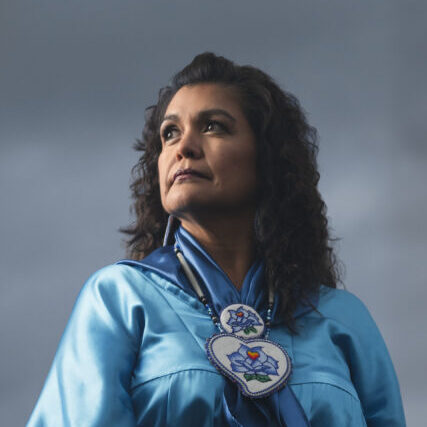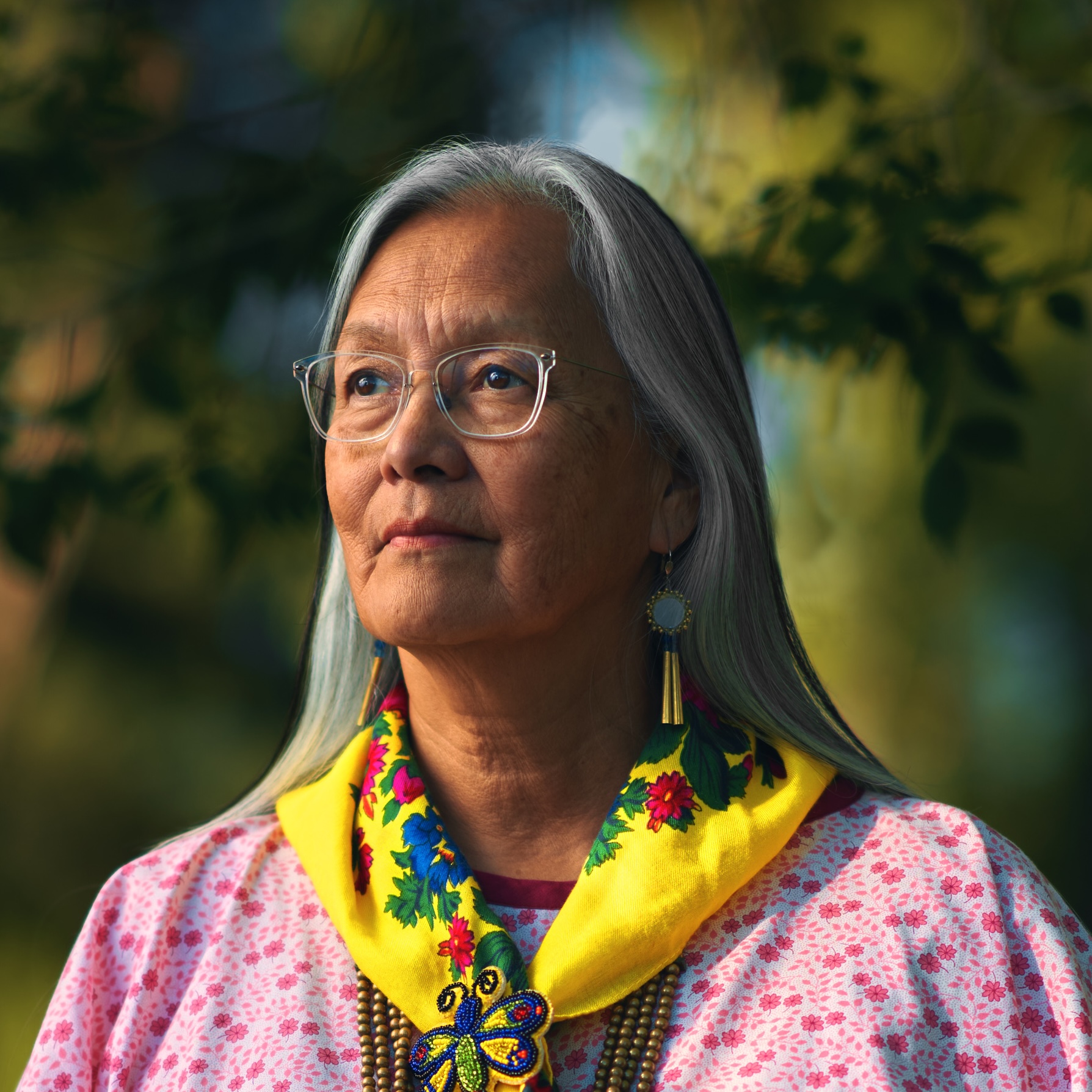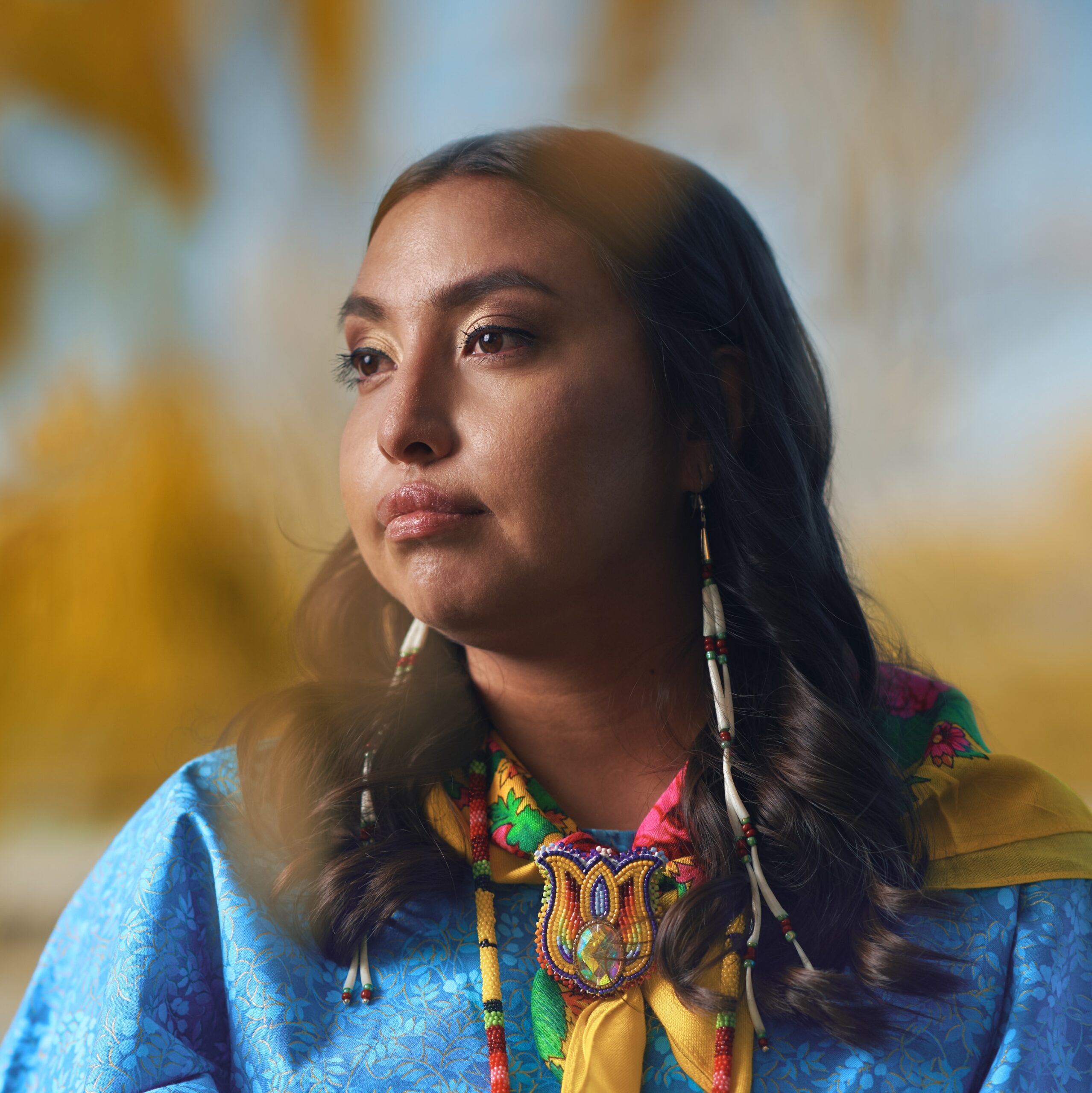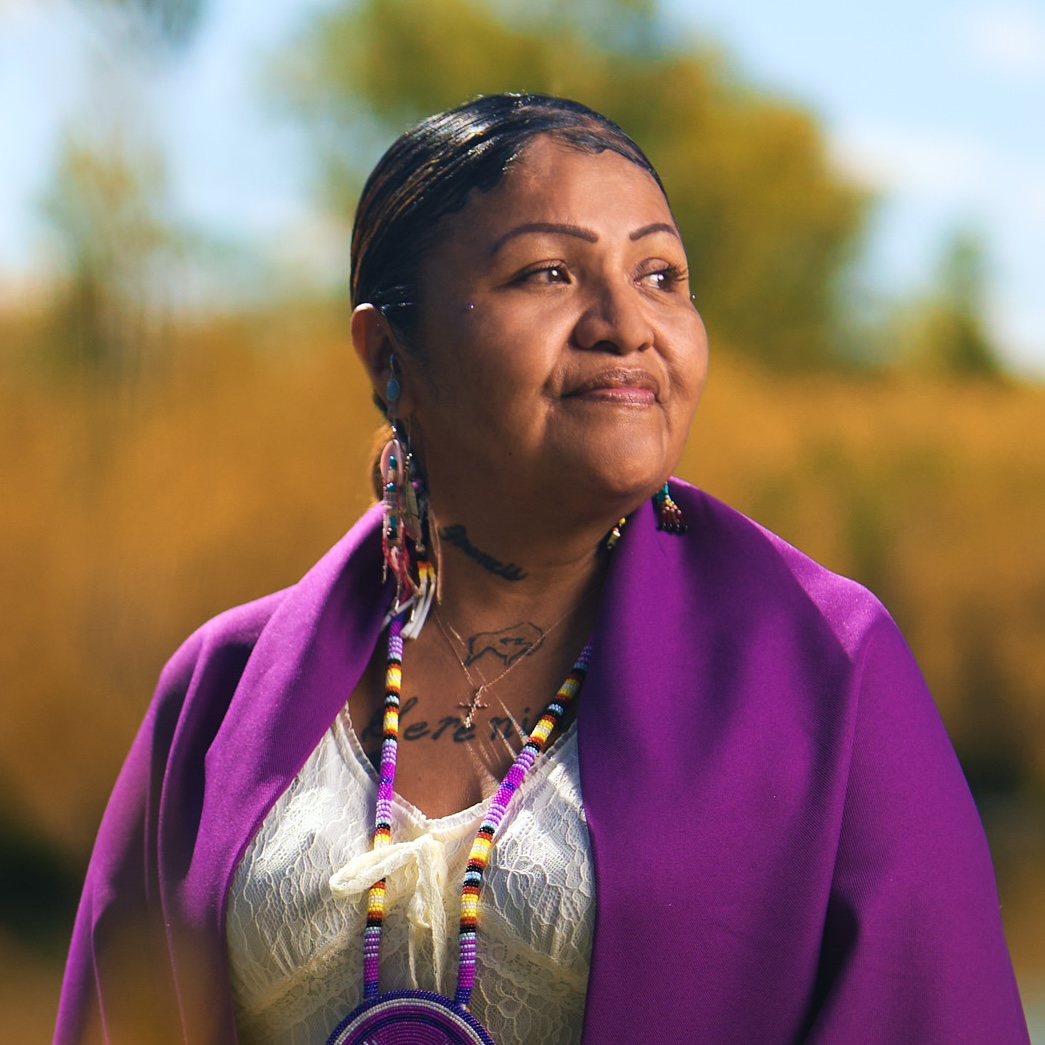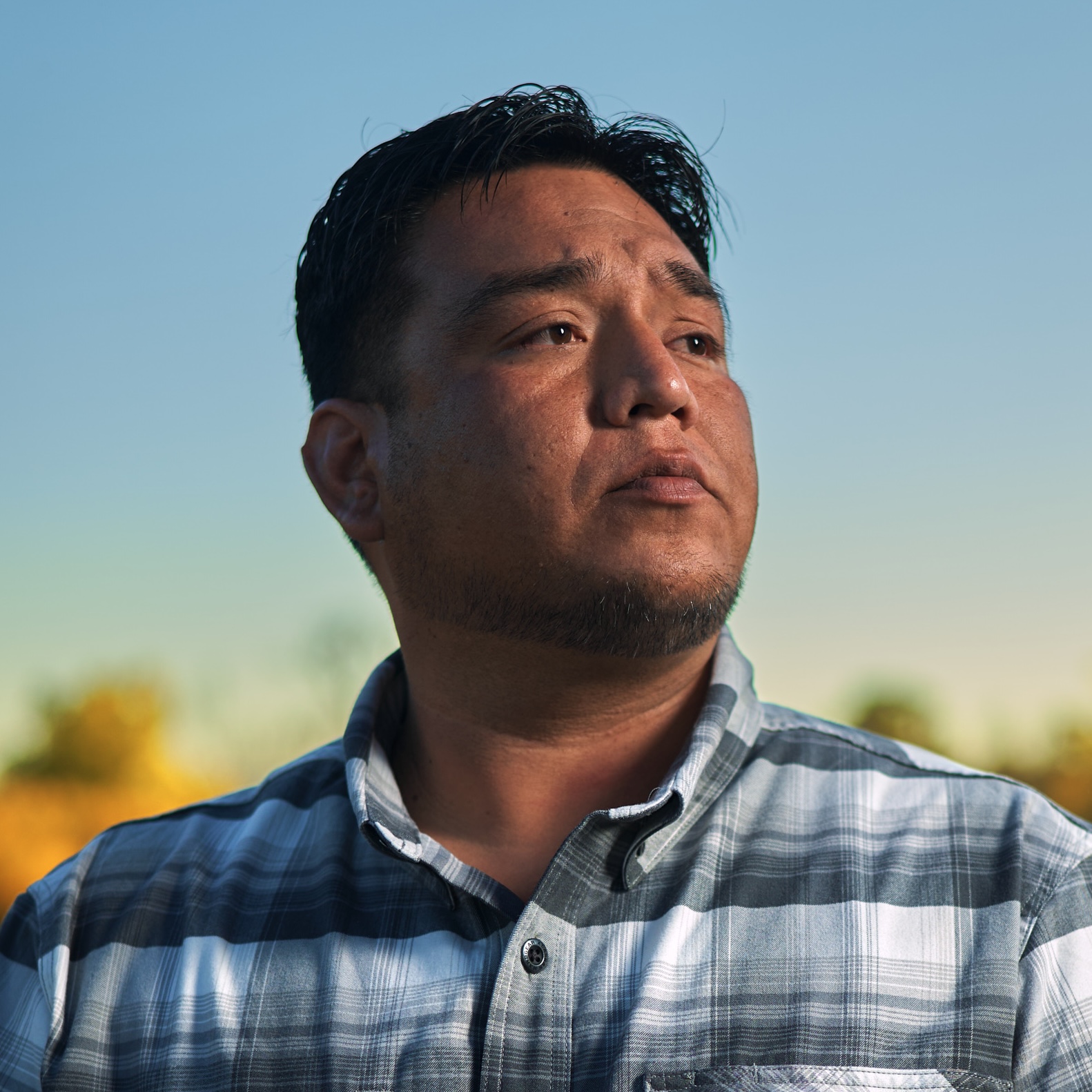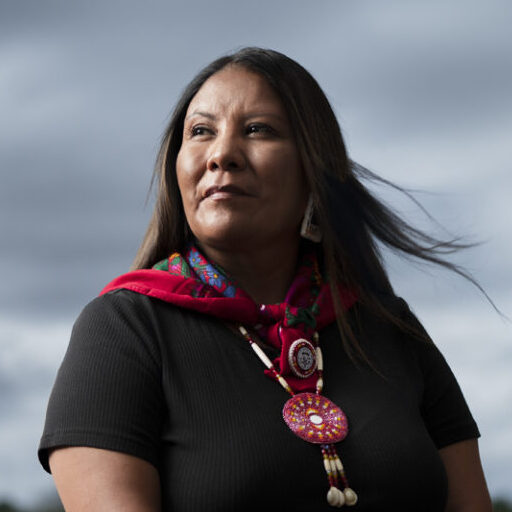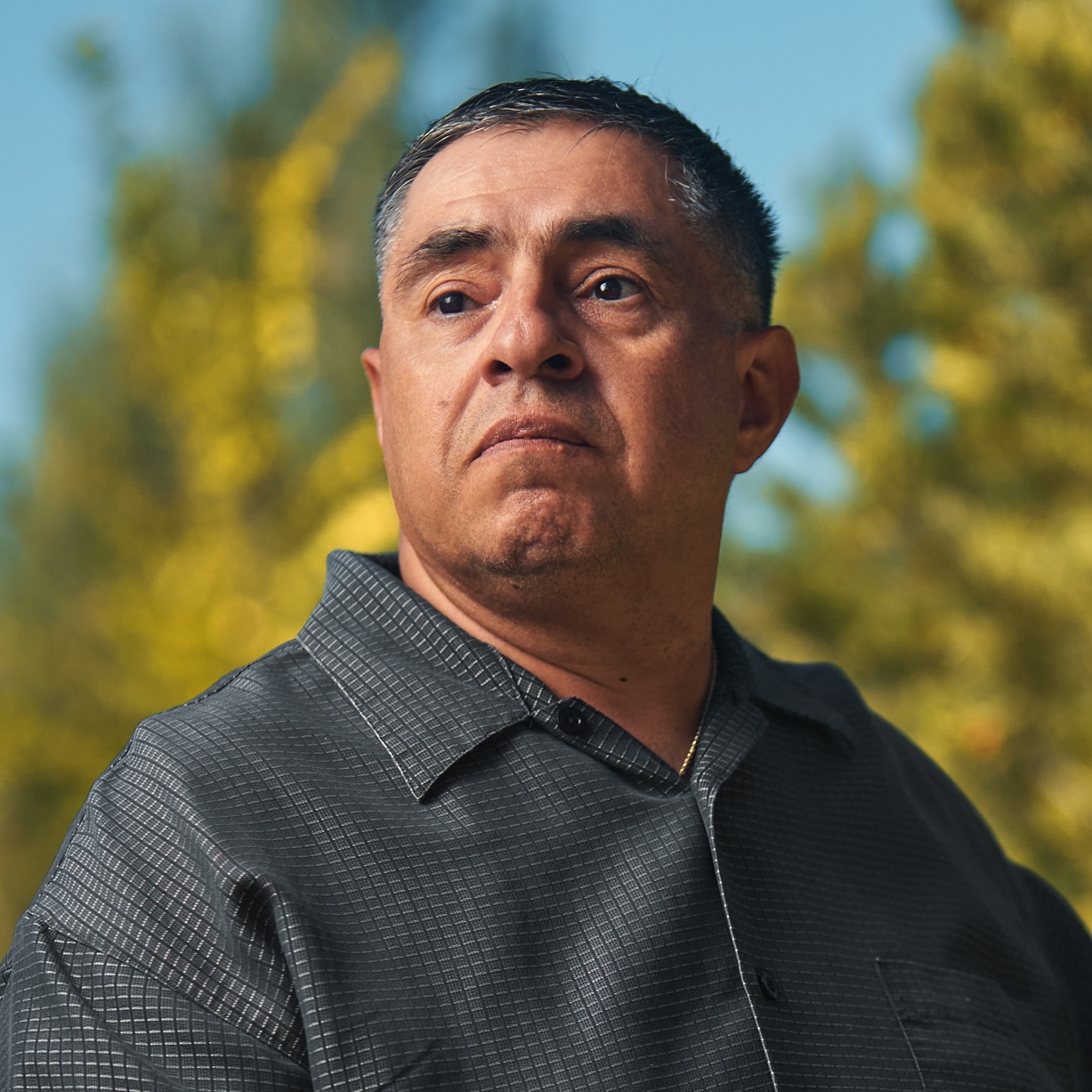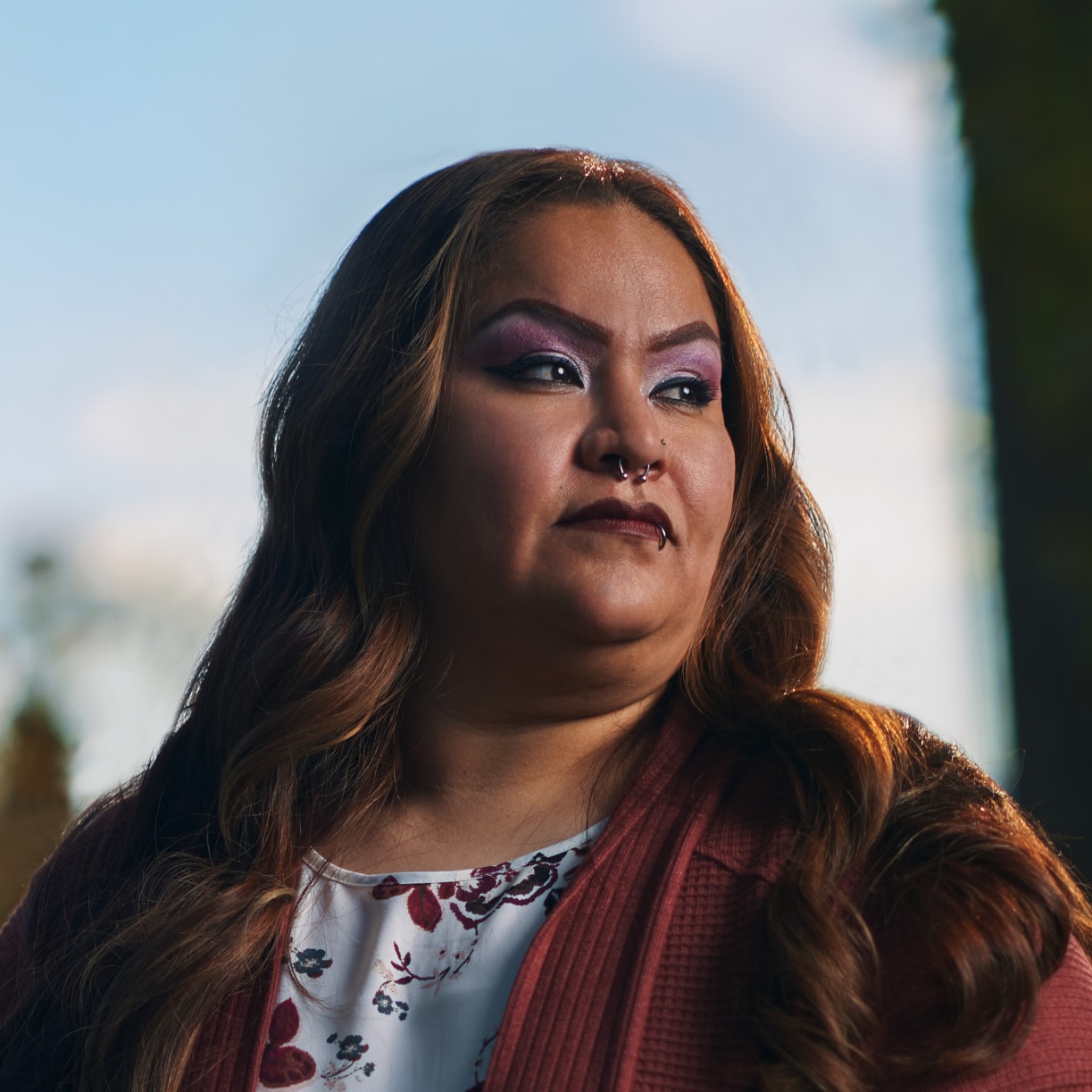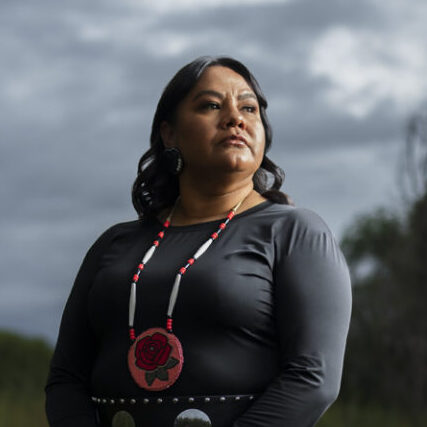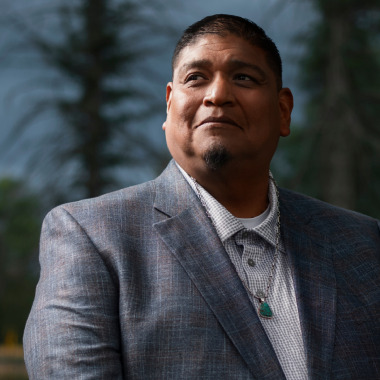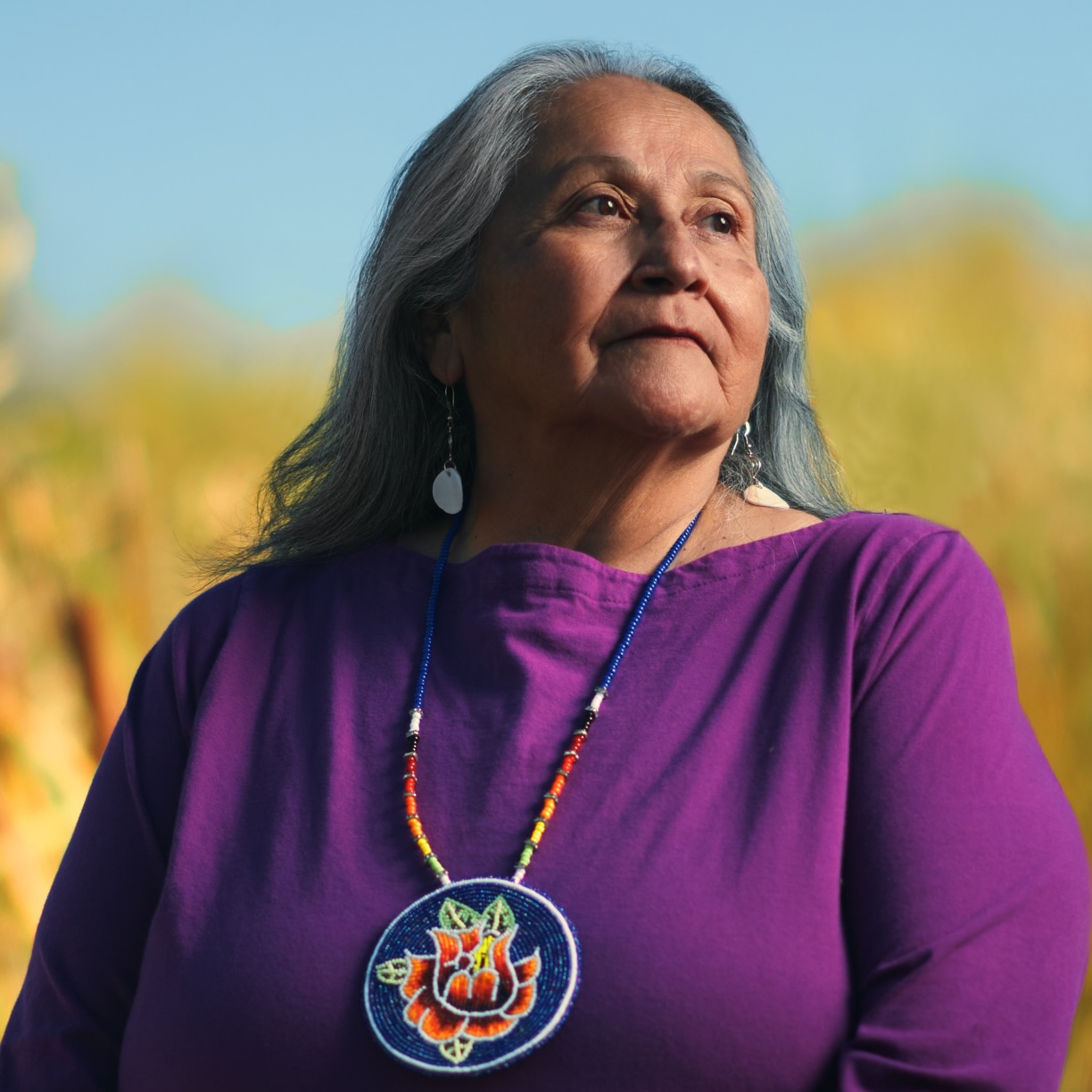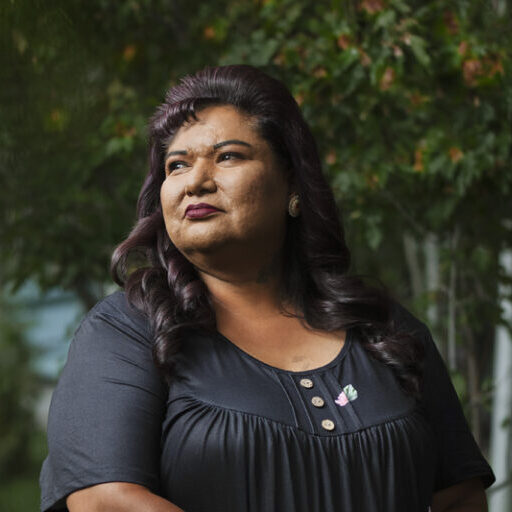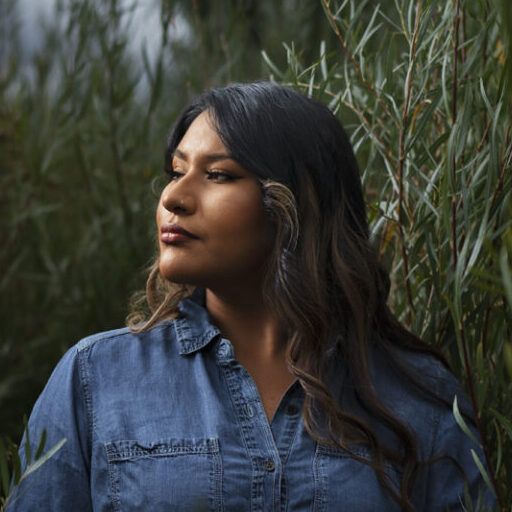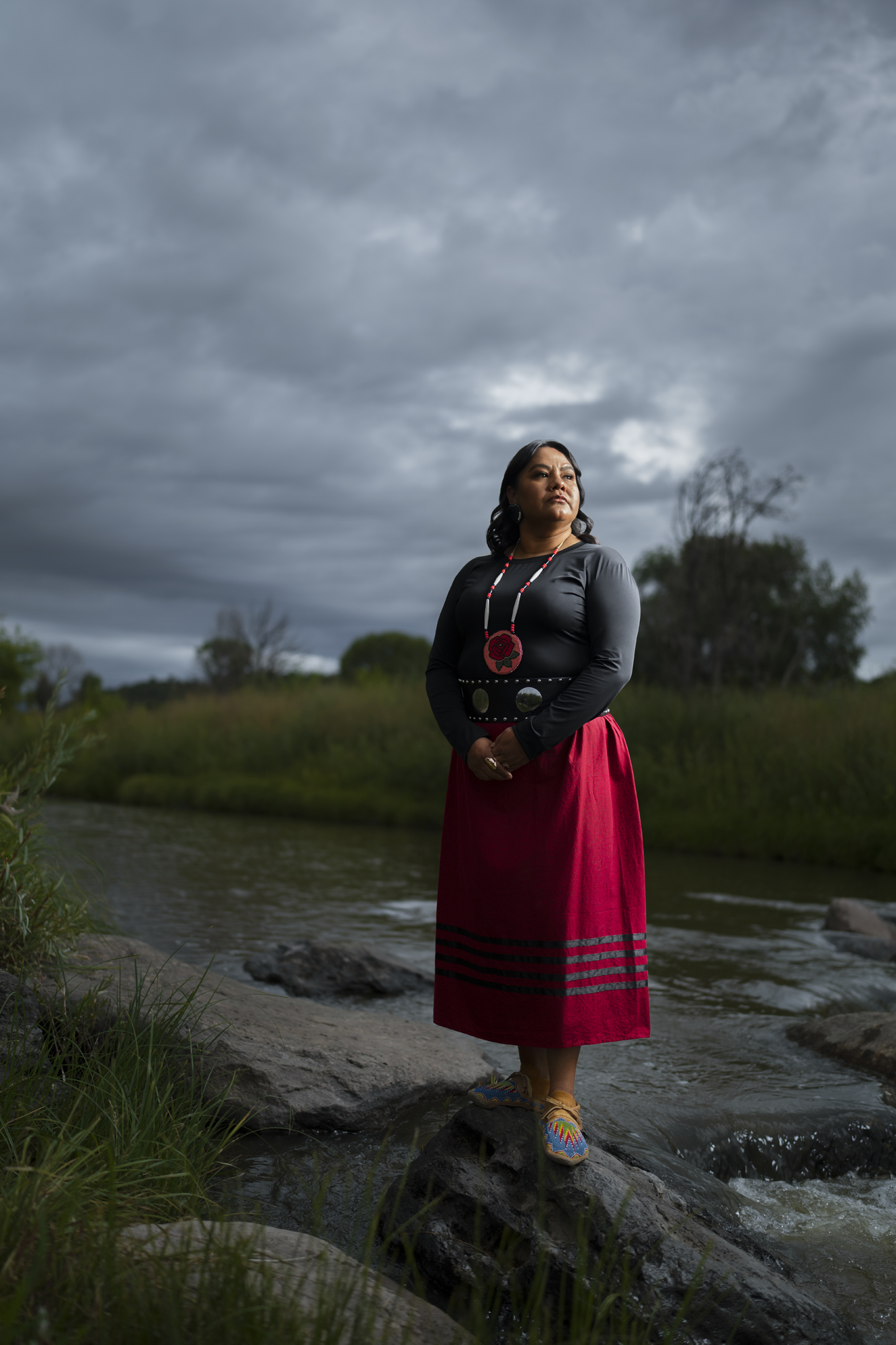
“Addiction is not a choice; we need to love and forgive those struggling.”
Dr. Stacey Oberly,
Southern Ute Member
Explore Our Stories
Addiction Information
Addiction is a Treatable Medical Disorder
Addiction occurs when someone’s frequent and/or continued use of drugs or alcohol over a long period of time creates serious negative changes in their life, and they continue using despite health problems, disability, and failure to meet major responsibilities at work, school, or home.
You may also see another name for addiction—substance use disorder (SUD). “Substance use disorder” is the correct medical term for what is commonly called “addiction,” and “opioid use disorder” (OUD) for what we would commonly call “opioid addiction.”
Why Can’t Someone Just Stop Using Opioids?
When someone takes opioids for a long time, the brain gets used to the opioids and ends up needing the opioids to work. If a person who is dependent on opioids, or has an opioid use disorder, were to suddenly stop taking opioids, they would likely experience withdrawal.
Withdrawal is the body and brain’s reaction to the sudden stop in opioid use and it can cause an incredible amount of pain, vomiting, diarrhea, hot and cold flashes, anxiety, depression, and these symptoms could last for weeks. Dying from withdrawal is uncommon, but the experience makes it feel impossible to stop using opioids. If you or someone you know has an opioid use disorder, there are medications that can help to reduce opioid cravings and withdrawal.
Recovery from addiction is in reach for anyone. You can find help and treatment resources, and learn how to be a support system for someone struggling with addiction.
How to Recognize the Signs of Substance Use Disorder
- Strong desire to use drugs
- Inability to control or reduce use
- Continued use despite health problems, disability, and failure to meet major responsibilities at work, school or home.
- Use of larger amounts over time
- Secretive behavior/disappearing for hours without explanation
- Nodding off/drowsiness
- Small pupils (specific to opioid use)
- Slurred speech
- Weak memory and attention
- Developing the need to use more to not get sick and/or go into withdrawal
- Spending a lot of time to get and use drugs
- High levels of spending and/or frequent need for money
- Withdrawal symptoms that occur after stopping or reducing opioid use, such as: Negative mood/mood swings, nausea or vomiting, muscle aches, diarrhea, fever, sleep problems
Naloxone Saves Lives
- Prepare yourself and your loved one by ensuring you both have naloxone nasal spray (common brands include NARCAN® and Kloxxado), which reverses the effects of an opioid overdose. Carrying naloxone is important and can save a life.
- Naloxone will not harm someone who is not experiencing an opioid overdose. If you’re unsure in an emergency, you can administer a dose without fear of causing harm.
- Naloxone can be found at many pharmacies. Colorado has a standing order that allows anyone to request naloxone from a pharmacy without a prescription.
- NARCAN naloxone nasal spray can now be found over-the-counter in many stores.
- Naloxone is available without a prescription from the Southern Ute Health Center Pharmacy, from the Behavioral Health Center, and is also distributed at many community events.
How to Use Naloxone Nasal Spray
Call 911 Immediately
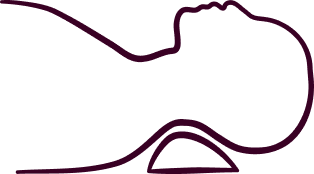
STEP 1
Ensure the person is lying down with their head tilted back.
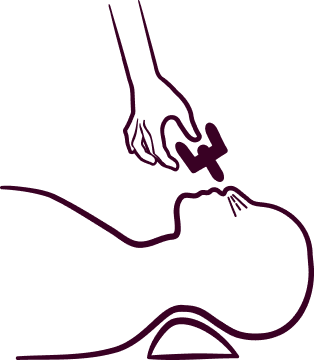
STEP 2
Insert nozzle into one nostril and press plunger firmly. Start rescue breathing, giving 1 breath every 5-6 seconds.
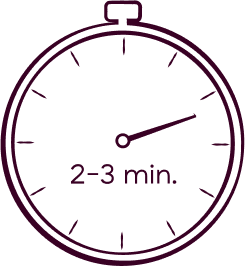
STEP 3
If there is no response after 2-3 minutes, use a second dose.
Stay until emergency medical help is received. The Good Samaritan Law protects those concerned they may be charged for drug possession or sharing when they call 911 for someone experiencing an overdose. Call 911, stay at the scene, identify yourself, and cooperate with responders to avoid being charged.
Treatment Information
Help is Always Here
Southern Ute Behavioral Health offers support for family stress, general stress, mental health problems, and substance use. The team includes counselors, peer recovery coaches, a physician who treats addiction with medication, a psychiatrist, a prevention specialist, and a care coordinator. Treatment is available in-person, by telemedicine, and over the telephone. Call them at (970) 563-5700 to make an appointment and talk about treatment options.
There are a few steps taken within treatment. A care coordinator will help people find the right option for them, help place people in residential treatment, and can help coordinate enrollment in Medicaid if needed. Once residential treatment is complete, individuals are referred to recovery housing and outpatient therapy.
Services are also available for family members that are affected, including counseling.
988 Colorado Mental Health Line
988 is the easy-to-remember number that allows anyone with a mental health, emotional or substance use concern to be immediately connected with a trained specialist who will listen without judgment. 988 is free, confidential and available 24/7. If you or someone you know is struggling, call or text 988 or live chat at 988Colorado.com.
Medication For Treating Opioid Use Disorder
What is it?
There are three FDA-approved medications for opioid use disorder (MOUD). Medications can be used in combination with counseling and behavioral therapies. Using MOUD is the most effective path to recovery and overdose prevention, and is considered the gold standard for treatment. Learn more about medications.
What are the forms?
Buprenorphine – reduces opioid cravings and blocks the effects of opioids.
Methadone – reduces opioid cravings and withdrawal and blocks the effects of opioids.
Naltrexone – blocks the euphoric and sedative effects of opioids.
Call Southern Ute Behavioral Health at (970) 563-5700 to make an appointment to discussion treatment with medications.
How Can It Help?
There are no easy roads or guarantees for recovery from opioid use disorder. It takes time, commitment, and, most importantly, support for the brain to recover from the chemical changes caused by long-term opioid use.
Just as understanding the nature of someone’s addiction and experience is important to support their recovery, so is reducing their cravings for opioids. Through regimented medication, cravings to use opioids can be brought down to a manageable level as the brain gradually recovers.
Medication for treating opioid use disorder has helped many people find recovery. Methadone and buprenorphine are opioids themselves, and as a result, using medications has taken an undeserved hit from critics who believe it’s simply trading one drug for another. However, Dr. Lesley Brooks points out, “When someone is engaged in treatment, the behaviors that define drug addiction fall by the wayside or significantly improve.” MOUD is safe and highly effective. It reduces withdrawal symptoms and decreases the likelihood that someone will return to opioid use. These medications also help people restore their functionality, improve their quality of life, and reintegrate into their families and communities.
Substance use disorder is a disease that needs long-term treatment and support, through recovery. For those ready to make the potentially life-saving decision to get help for opioid use disorder, it represents the best chance for recovery.
Support a Loved One
To support someone struggling with addiction, or someone in recovery, remove judgment and shame from your relationship. The road to recovery from a substance use disorder takes strength and support. Here are four key steps to reducing shame and stigma so you can support someone who is seeking recovery:
- Use person-first language. Person-first language emphasizes the individuality and dignity of someone, putting the person before their diagnosis. It’s important to be intentional about the words we use when talking about addiction, also known as substance use disorder, and recovery. Even common terms can make stigma and shame stronger. To learn more about person-first language and the terms you should be using, visit our person-first language page.
- Learn about substance use disorder and treatment options. You can find treatment options by contacting the Southern Ute Behavioral Health Office.
- Be an ally. Provide support and make sure they know you’re there for them and love them—adopt a non-judgmental tone and approach. You can find free Recovery Cards to show your support here.
- Remember that substance use disorders are treatable, and that recovery is always possible. Your support and compassion can make a huge difference in someone accessing treatment and finding recovery.
Supporting Someone Struggling with Addiction
Supporting someone who is struggling with addiction means helping them where you can while also continuing to take care of yourself. You’re not alone, many other people in your community have helped someone find treatment and/or supported someone in their recovery.
Learn about treatment resources.
- Find treatment information
- Understand your rights for treatment services here, and rights to confidentiality
Offer accountability and emotional support, including:
- Help them talk through what they want to talk about with their doctor, including asking about medications that might be available for treatment
- Go with them to pick up prescriptions
- Give them a ride to treatment
- Help them find financial support and/or payment options
- Offer to help provide care for children or pets while they receive treatment
Carry naloxone
- Prepare yourself and your loved one by ensuring you both have naloxone, which reverses the effects of an opioid overdose. Carrying naloxone is important and can save a life.
- It can be found at many pharmacies, often without a prescription, and at the Southern Ute Behavioral Health Center.
- NARCAN® naloxone nasal spray can now be found over-the-counter in stores.
Set boundaries around what you will and not support, and stick to them to ensure you’re doing what’s best for yourself, along with your loved one. Take care of yourself and your well-being.
- CRAFT Support Groups
- Community Reinforcement & Family Training (CRAFT) is an evidence-based program for family members with loved ones struggling with addiction or who are in recovery.
- Family Resources
- Understand how family can be an essential part of supporting treatment and recovery.
